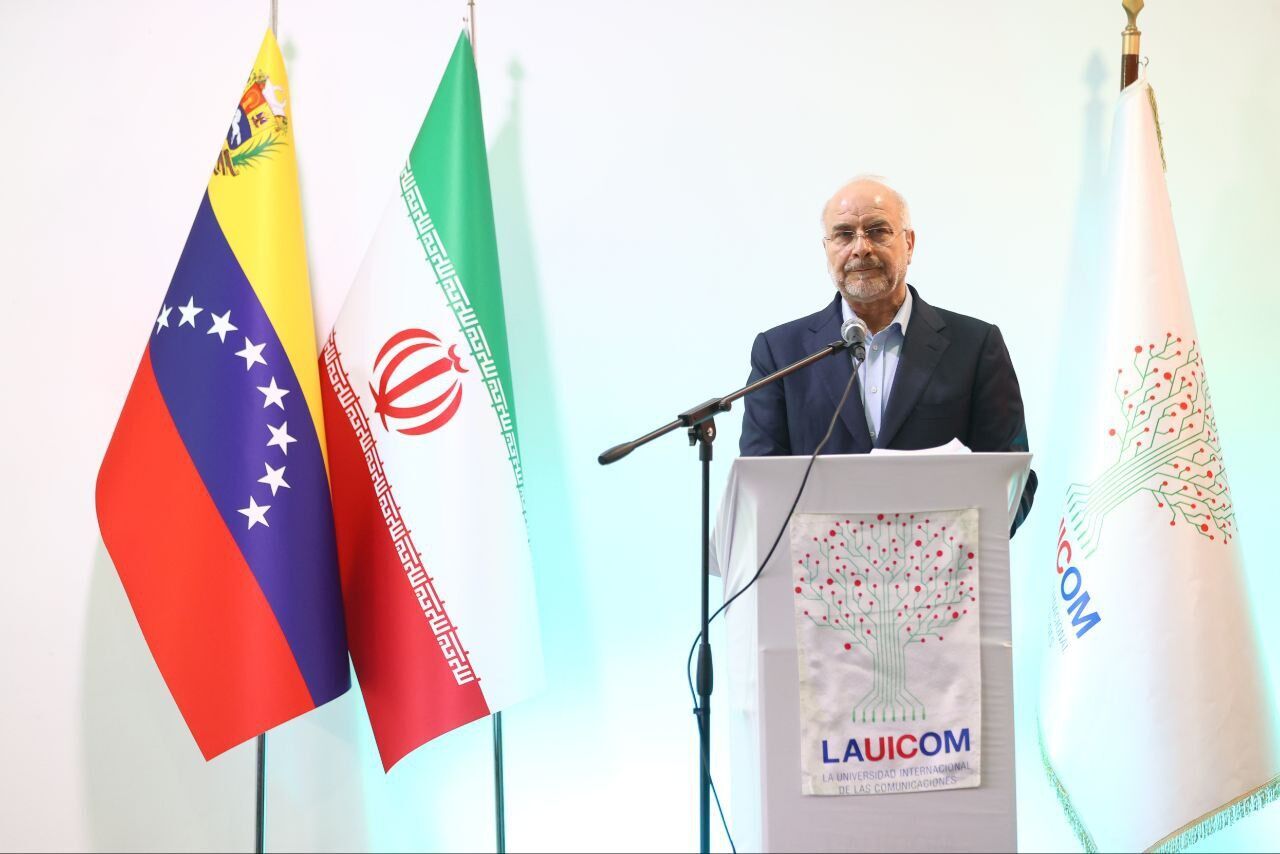
Similar Posts
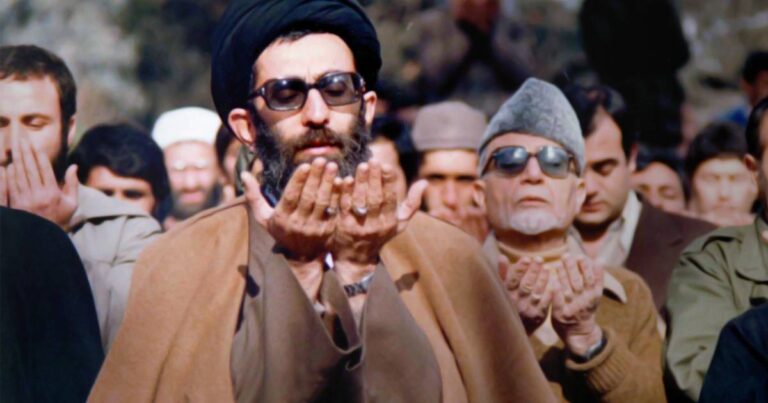
Transforming Faith: How Khamenei Uses Friday Prayers as a Powerful Tool for Control
Friday prayers in Iran have shifted from vibrant community gatherings to political briefings, particularly affecting middle-aged and older generations who recall their revolutionary significance. Initially popular post-revolution and during the Iran-Iraq war, attendance has declined due to dissatisfaction with the Islamic Republic’s leadership and economic issues. Supreme Leader Ali Khamenei has restructured the Friday prayer system, appointing younger, military-aligned clerics. Currently, around 850 imams serve across Iran, primarily appointed after 2017. These imams not only lead prayers but also oversee local governance and enforce Islamic norms, reflecting Khamenei’s tighter control over religious and political life.
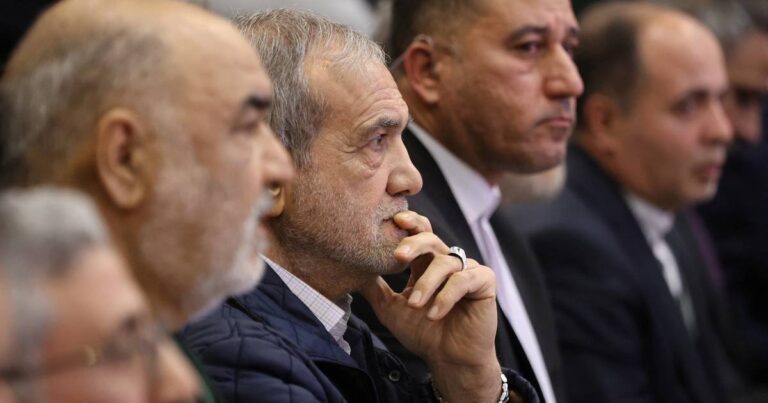
Iran and Russia Forge Strategic Alliance Amidst Regional Challenges
Iranian President Masoud Pezeshkian will visit Moscow on January 17 to meet with President Vladimir Putin, aiming to finalize a strategic cooperation agreement. This visit is critical following the loss of a key ally, Bashar al-Assad of Syria, which has intensified the need for stronger ties. Discussions on bilateral issues have been ongoing, and a comprehensive cooperation agreement is expected to include initiatives like the North-South Corridor and Russian gas transfers to Iran. The meeting represents a pivotal moment for Iran-Russia relations, as both countries seek to navigate changing geopolitical dynamics while prioritizing national independence and security.
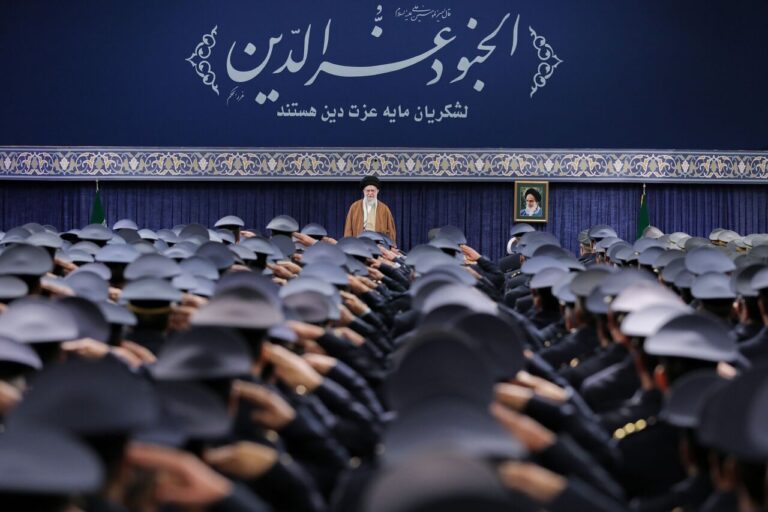
Defiant Leader Declares: No Negotiations with Deceptive U.S. Government!
Ayatollah Seyyed Ali Khamenei, Leader of the Islamic Revolution in Iran, declared that negotiating with the United States is unwise and historically ineffective. He criticized past negotiations, stating that the U.S. failed to honor agreements made in the 2010s after Iran made significant concessions. Khamenei emphasized that domestic solutions are essential for addressing Iran’s economic challenges and expressed confidence in the current administration’s efforts. While open to negotiations with other countries, he excluded the U.S., labeling it a source of threats. Khamenei warned that any violation of Iran’s national security would prompt a decisive response.
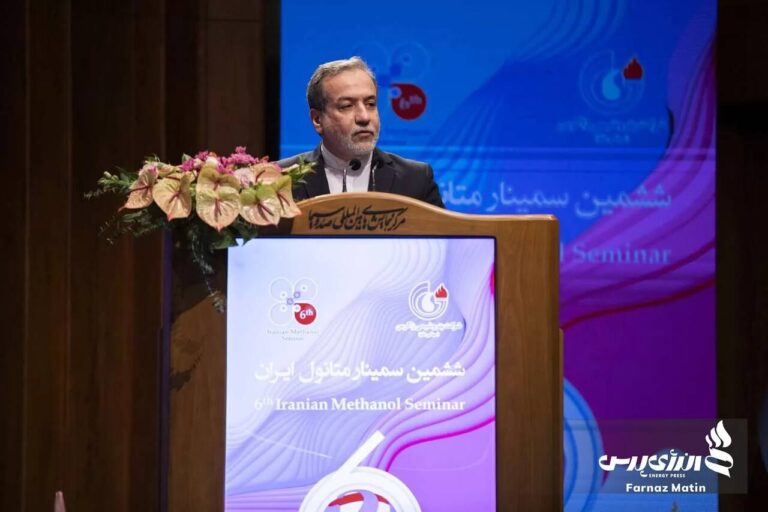
Araghchi: Negotiating Sanction Relief Shouldn’t Happen Under Maximum Pressure
Iran’s Foreign Minister Abbas Araghchi condemned sanctions as cruel obstacles to the nation’s economic growth, advocating for their removal through negotiations rather than maximum pressure tactics. Speaking at the Sixth Methanol Conference, he outlined two key actions: lifting sanctions via negotiations and nullifying them through self-reliance. Araghchi stressed that negotiations should not stem from weakness, reflecting on past experiences with the U.S. and the Joint Comprehensive Plan of Action. His comments followed Ayatollah Khamenei’s critique of negotiations with the U.S. as unwise, particularly amid ongoing sanctions reinstated by the Trump administration after the U.S. withdrawal from the JCPOA.
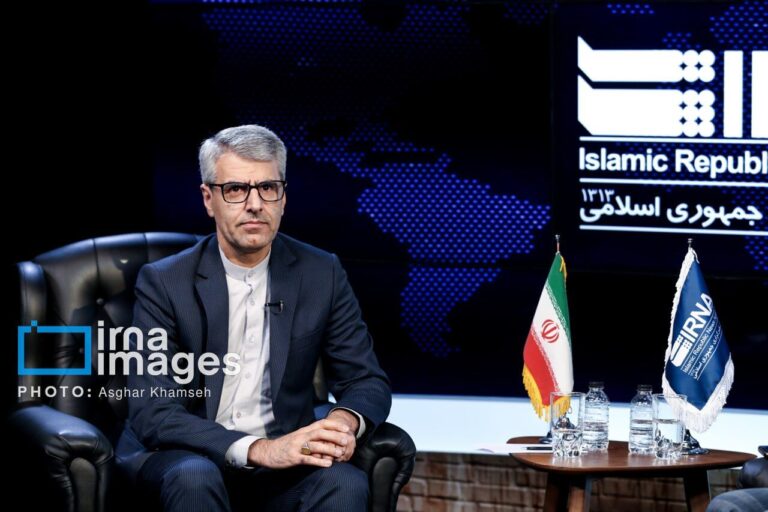
Iran Ready to Boost Diplomatic Efforts, Showcasing Peaceful Intentions of Nuclear Program
The Iranian Foreign Ministry has reiterated its commitment to diplomatic dialogue regarding its nuclear program, emphasizing its peaceful intentions. Spokesperson Esmaeil Baqaei affirmed Iran’s determination to uphold its rights under international treaties, specifically the Nuclear Non-Proliferation Treaty (NPT), while pushing back against sanctions. Ongoing negotiations include indirect talks with the U.S. in Muscat, Oman, with delegations led by Iranian Foreign Minister Abbas Araqchi and U.S. Special Envoy Steven Witkoff, mediated by Oman’s Foreign Minister. Baqaei described the discussions as “difficult but useful” and indicated that the next round will be coordinated by Oman.
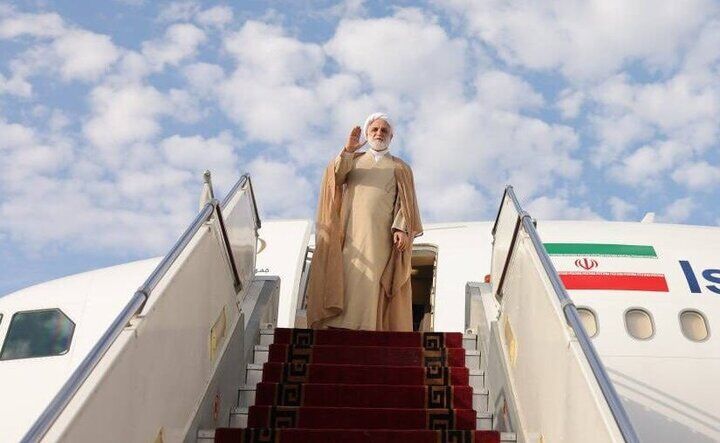
Judiciary Chief Lands in China: Strengthening Legal Ties and Collaboration
Judiciary Chief Qolam-Hossein Mohseni-Ejei is visiting China to participate in the 20th summit of the Shanghai Cooperation Organization (SCO) for supreme court chairs from nine member countries. Arriving in Hangzhou with a high-ranking delegation, he will deliver speeches at the summit’s opening and closing ceremonies and hold bilateral meetings with counterparts. This year’s agenda focuses on enhancing legal and judicial coordination, addressing issues like terrorism, organized crime, drug trafficking, human trafficking, and cybercrime. The SCO aims to implement joint initiatives to strengthen legal frameworks and cooperation among its member states, representing about 42% of the global population.